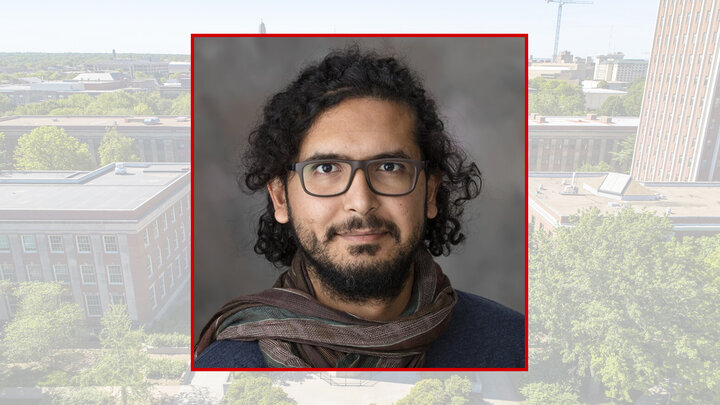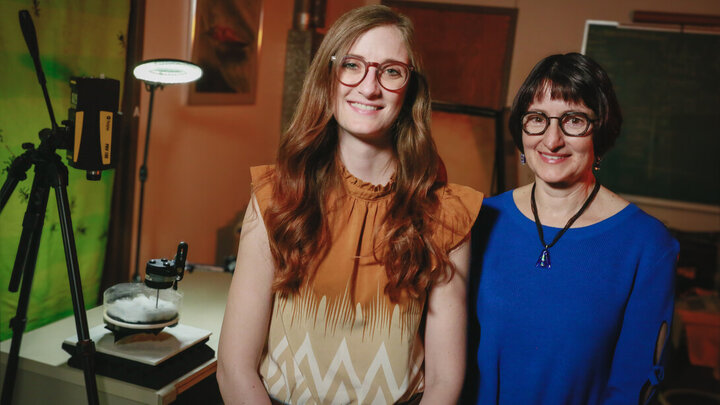Carole Levin was interviewed for a Sept. 9 Forbes article on #AbolishTheMonarchy trending on social media following the death of Queen Elizabeth II. Levin, Willa Cather Professor Emerita of history, said she doesn’t see the abolition of the monarchy happening soon but that doesn’t mean changes won’t be made. She specializes in European history and queenship and is a fellow of the Royal Historical Society. She said the monarchy is important to the British people, providing a strong sense of identity and boosting tourism.
The Targeted Observation by Radars and UAS of Supercells (TORUS) project was featured in a Sept. 8 New York Times article. The 17-member, multi-institutional TORUS team crisscrossed the Great Plains this summer, using high-tech instruments to gather data on supercell thunderstorms, known to produce the most destructive tornadoes. Adam Houston, Earth and atmospheric sciences, team leader, was interviewed for the story.
A new study by Kenna Lehmann, a postdoctoral researcher in biological sciences, and colleagues has concluded that hyena whoops feature signatures unique to individuals. Earth.com published a Sept. 17 article on the research.
Dawn O. Braithwaite, communications studies (emerita), co-wrote a Sept. 19 blog post for Psychology Today with Muskingum University’s Shawn Starcher, featuring his research on how parents can talk about their mental health with their children. The article stressed that how parents address this topic could impact their child’s understanding for years to come and that certain strategies could be beneficial.
The poem “The Widow’s Elegy” by Kwame Dawes, English, was featured in The Atlantic on Sept. 21 (paywall).
Jocelyn Bosley, research impact coordinator with the Office of Research and Economic Development, was featured in the Sept. 21 episode of the National Children’s Museum’s STEAM Daydream podcast. Bosley helped 12-year-old investigator Megha and the rest of the cast figure out how a magician uses science to zap people in “A Shocking Truth.”
Lisa Kort-Butler, sociology, was quoted in a Sept. 28 PolitiFact article on political campaigns using crime statistics in ads to try to sway voters. “Tough-on-crime messaging historically and tacitly represents something more than crime: that the candidate is on the side of ‘us’ and against ‘them,’” she said.
A recent study co-authored by Kate Lyons, biological sciences, was featured in the fall 2022 issue of American Archaeology. The study shows that whether by the spear or the plow, humans have been homogenizing the mammal communities of North America for 10,000-plus years.
Jeffrey Stevens, psychology, director of the Canine Cognition and Human Interaction Lab, was quoted in a Sept. 30 Washington Post article on pet behaviors that humans might consider strange. Regarding “puppy dog eyes,” he said: “They want to be connected to us. Dogs evolved certain muscles around their eyes to manipulate humans. They look at us this way, and it changes our behavior.”




